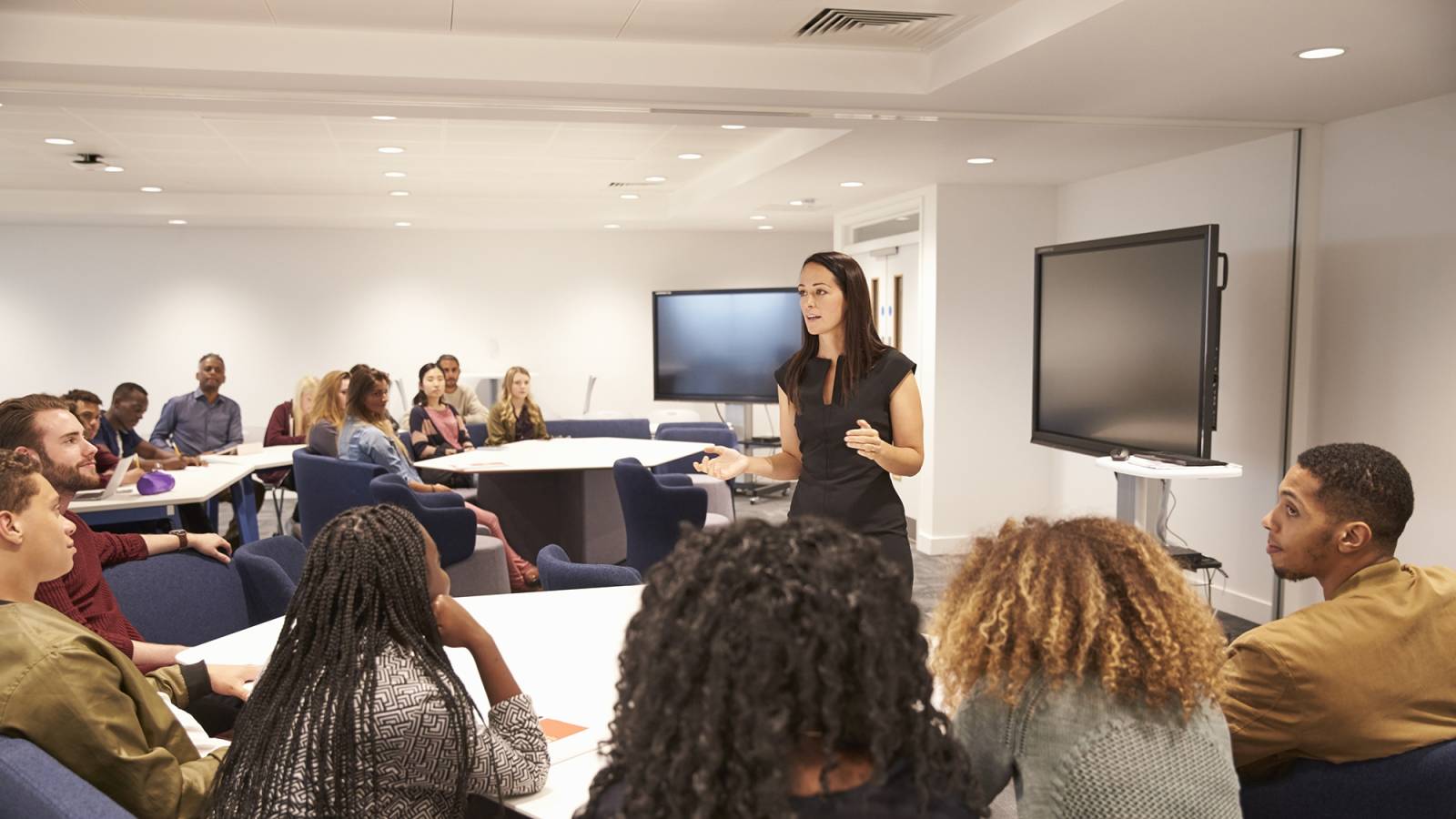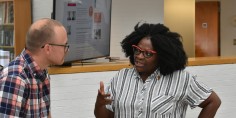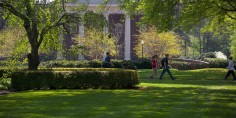When James B. Duke wrote the Indenture of Trust that established The Duke Endowment, he included four institutions of higher education among his beneficiaries. Davidson College, Duke University, Furman University and Johnson C. Smith University have each received funding from the Endowment since 1924.
Earlier this year, along with campuses across the world, the coronavirus pandemic forced the schools to empty their dorms, cancel events and adjust to emergency remote teaching. This summer, they’ve been working through ever-shifting challenges to plan for the fall.
“The higher education community should accept that perfection is not the goal,” says Matthew Rascoff, associate vice provost for Digital Education and Innovation at Duke. “For students and faculty alike, the fall semester is going to be about minimizing harm and maximizing resilience, flexibility and grace.”
Dr. Laura Colson McLean, dean of Metropolitan College of Professional Studies at Johnson C. Smith, agrees. “It’s like the ‘choose your own adventure’ books we used to read when we were younger,” she says. “Due to the unknown, we will have to use our institutional intelligence to choose one direction or another to make sure the educational needs of our students are met.”
With classes beginning soon, we checked in to see how these schools are helping faculty members prepare for the “new normal.”




